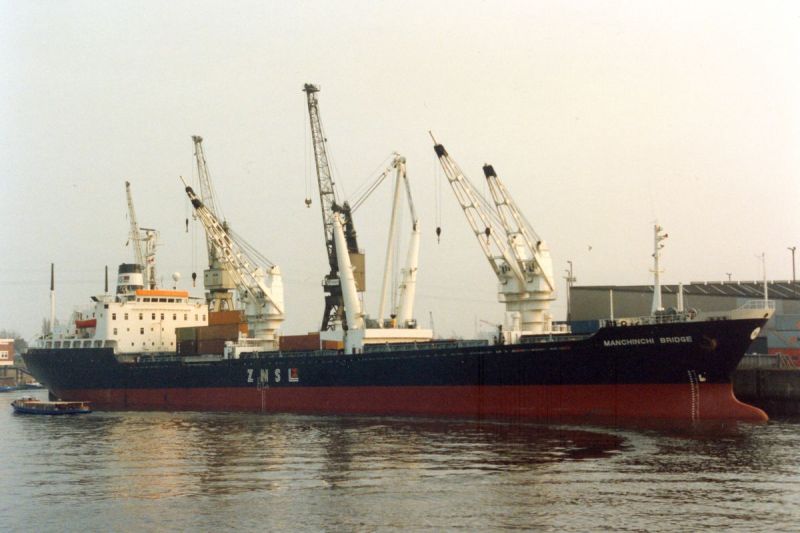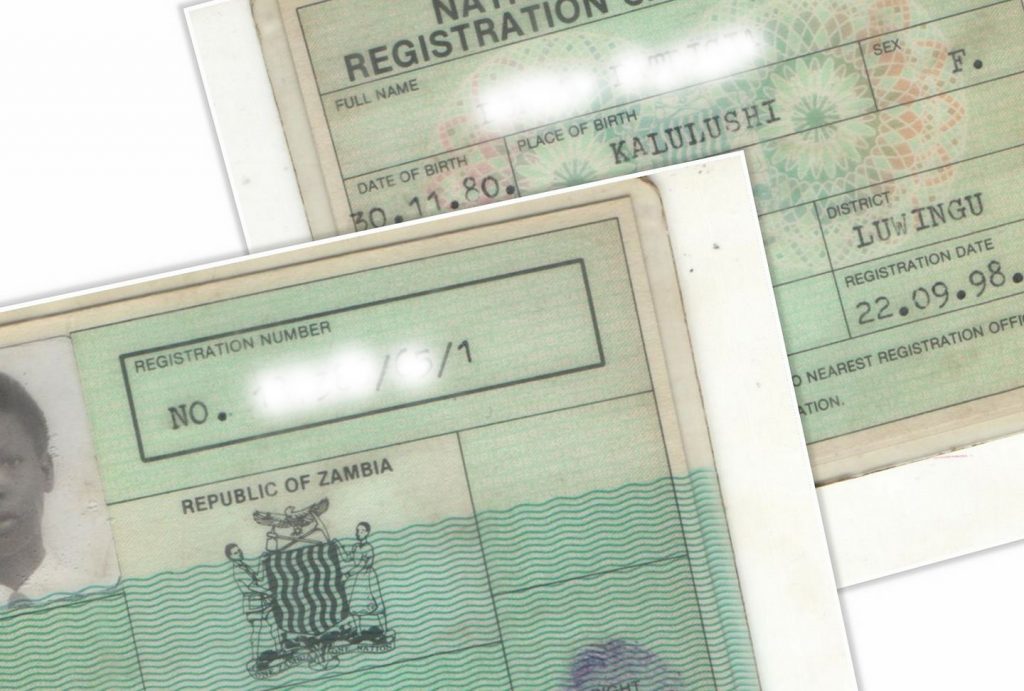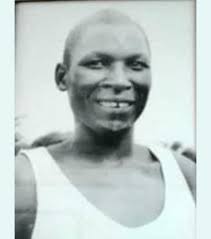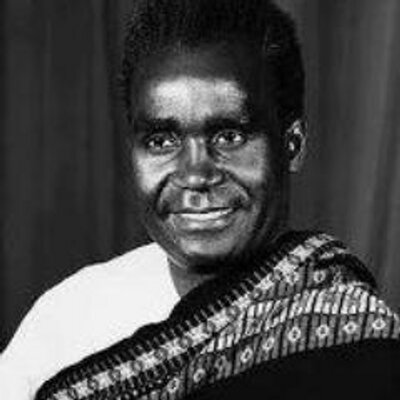
TRACING ZAMBIAN CITY & TOWN MEANINGS & ORIGIN
As we celebrate Africa Freedom Day, I though it would be a good idea to give you some facts about the mentioned topic. Please note that these are just a few I could find out

As we celebrate Africa Freedom Day, I though it would be a good idea to give you some facts about the mentioned topic. Please note that these are just a few I could find out


BY virtue of Zambia’s colonial past, township names and streets have been predominantly British as at independence.
But during the post-independence era, the concept of localisation began to take root.
Local people began to drift towards using indigenous names as evidenced by the changes effected to provincial centres such as Fort Jameson (Chipata), Fort Roseberry (Mansa) and Abercorn (Mbala)
Local people began to drift towards using indigenous names as evidenced by the changes effected to provincial centres such as Fort Jameson (Chipata), Fort Roseberry (Mansa) and Abercorn (Mbala)
As for townships, Lusaka, for instance, gives a clear perspective of this development when one samples street names in Woodlands and Kabulonga residential areas.
Some of these townships and street names have hardly changed and in this context one would still find street names like Cedar Road in Woodlands and Sable Road in Kabulonga.
Lets dig in.................
KAPIRI MPOSHI
In 1930, the first white explorers on their way from Broken Hill to Ndola rested in a village on a hill called Kapili Mukoshi which means the hill with a neck in Swaka. Later on they named the village Kapiri Mposhi.
In 1930, the first white explorers on their way from Broken Hill to Ndola rested in a village on a hill called Kapili Mukoshi which means the hill with a neck in Swaka. Later on they named the village Kapiri Mposhi.
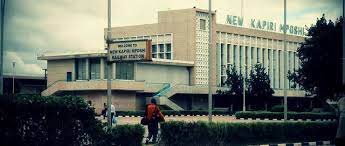
KITWE
In 1936, Collier, an explorer, after discovering copper in chief Nkana's chiefdom, sent a report to Broken Hill, Kabwe, which was the head quarters for all areas north of Lusaka.
In 1936, Collier, an explorer, after discovering copper in chief Nkana's chiefdom, sent a report to Broken Hill, Kabwe, which was the head quarters for all areas north of Lusaka.
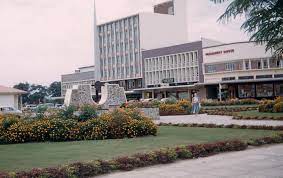
The name Kitwe depicts the skull of an elephant (icitwe chansofu) which was found alongside copper ore deposits. Foreign settlers could not pronounce the name “Icitwe” as the natives used to call it, and pronounced the name as “Kitwe”.
LUANSHYA
Luanshya is a Lamba name which means place of antelopes "lwa nsha" but the same Collier after killing a roan antelope discovered that where the animal fell was littered with copper ore, he then named the mine Roan and the village Luanshya.
Luanshya is a Lamba name which means place of antelopes "lwa nsha" but the same Collier after killing a roan antelope discovered that where the animal fell was littered with copper ore, he then named the mine Roan and the village Luanshya.

CHILILABOMBWE
Chililabombwe was a Lamba village which had a pool of water with a lot of frogs, hence the name which means Crying frogs in Lamba.
Chililabombwe was a Lamba village which had a pool of water with a lot of frogs, hence the name which means Crying frogs in Lamba.

MUFULIRA
Mufulira comes from a Lamba word, "Mulifulile" meaning place of abundance. It takes its name from a small tributary of Kafue river. Moir and Grey who were working for the Rhodesian Congo border concession discovered copper in 1923 and in their map they wrote Mufulira.
Mufulira comes from a Lamba word, "Mulifulile" meaning place of abundance. It takes its name from a small tributary of Kafue river. Moir and Grey who were working for the Rhodesian Congo border concession discovered copper in 1923 and in their map they wrote Mufulira.
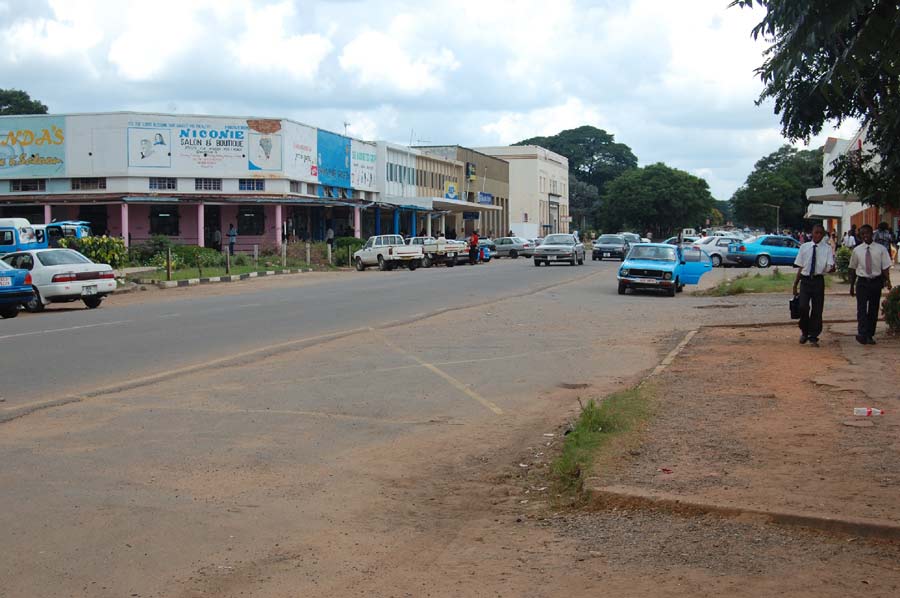
NDOLA
According to the current Senior Chief Chiwala, Ndola was named after a stream called Ka Ndola which originally starts from the Kaloko Hills and flows through present day Mine Masala, Kabushi and drains its water into the Kafubu River.
According to the current Senior Chief Chiwala, Ndola was named after a stream called Ka Ndola which originally starts from the Kaloko Hills and flows through present day Mine Masala, Kabushi and drains its water into the Kafubu River.

It is a pity that this stream has dried up due to human habitation. Only a few portions of the Ka Ndola stream have remained. Children find pleasure in the little flowing water remaining and they also catch crabs which they take home to eat.
LUSAKA
Lusaka derives its name from a headman Lusaaka, who according to history, settled around this swampy area many years ago.Lusaka became the capital of Northern Rhodesia (now Zambia) in 1935.
Lusaka derives its name from a headman Lusaaka, who according to history, settled around this swampy area many years ago.Lusaka became the capital of Northern Rhodesia (now Zambia) in 1935.
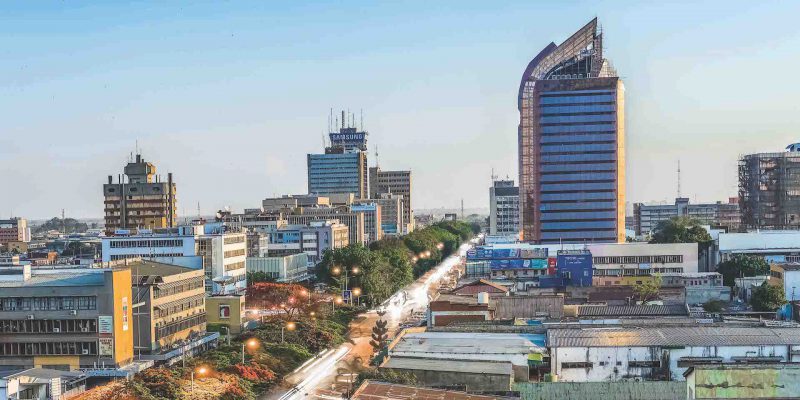
CHINGOLA
Chingola means Zebra in a local dialect. Apparently, the area had a lot of Zebras at some time in the past.
Chingola means Zebra in a local dialect. Apparently, the area had a lot of Zebras at some time in the past.
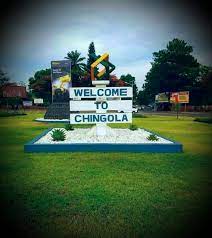
Other distorted names are: Mongu instead of Mungu, Senanga instead of Sinanga, Mumbwa instead of Mumba, Solwezi instead of Kolwezi, Zambezi instead of Yambezhi, Siavonga instead of Siabonga, Itezhi tezhi instead Mezhi a tezhi, Chambishi and Chambeshi.
As for Dundumwezi; Dundu means a mountain but Mwezi in this case means male so this makes DUNDUMWEZI to mean ' a male mountain's.
• • •
Missing some Tweet in this thread? You can try to
force a refresh


